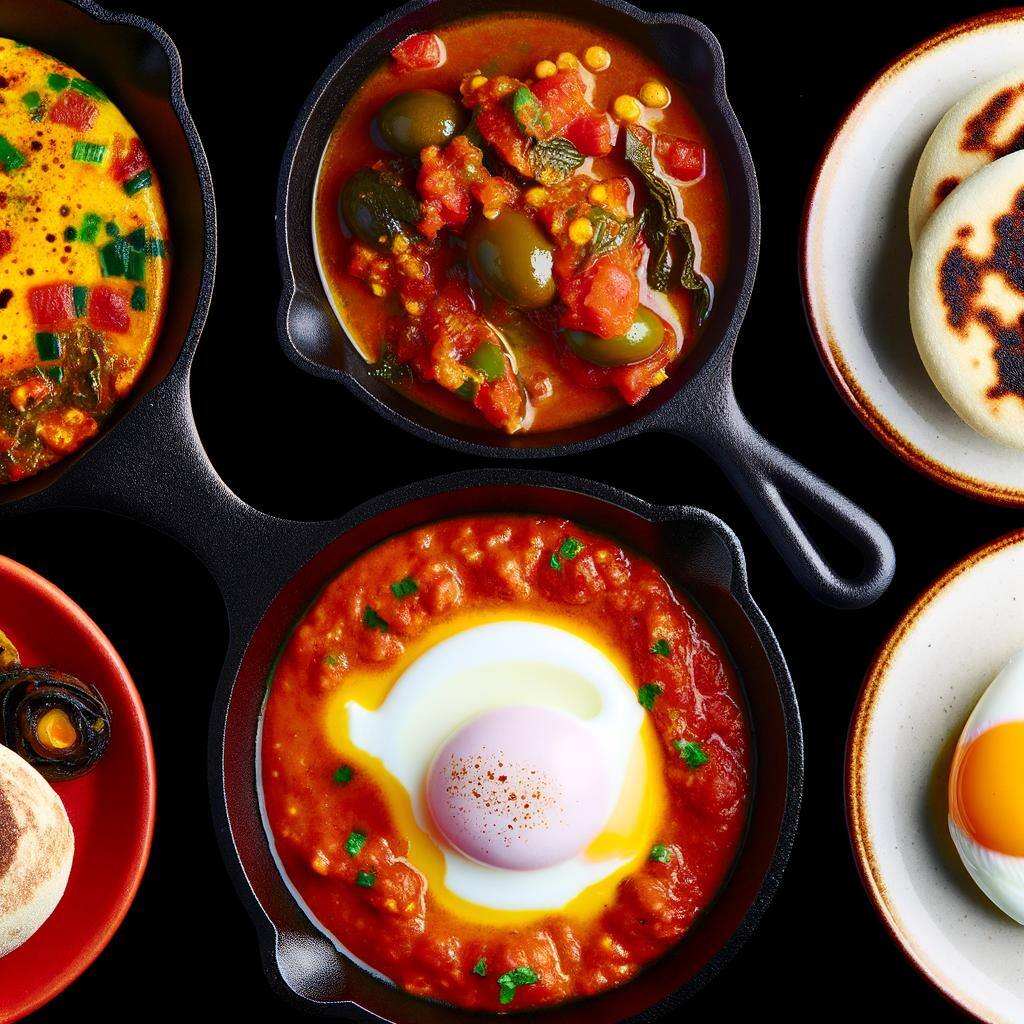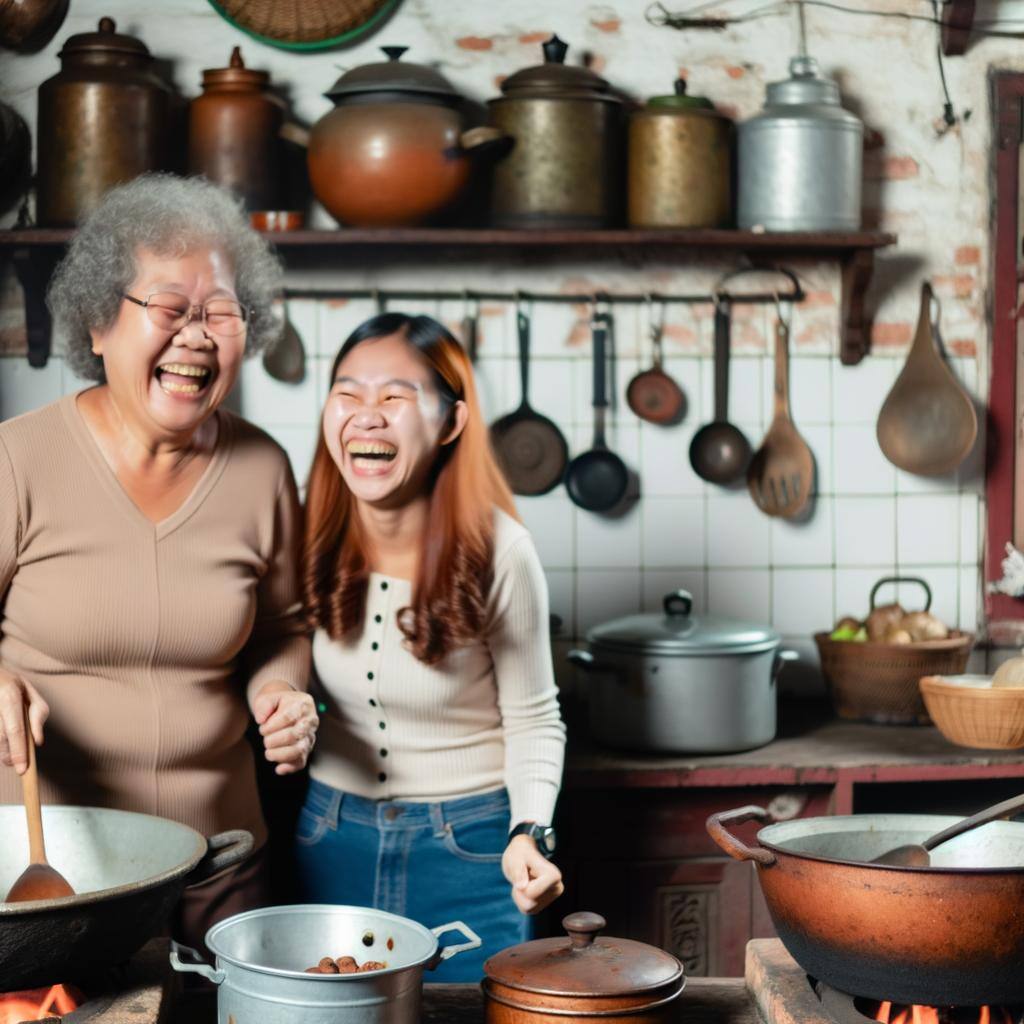Ah, eggs. Those little oval marvels of culinary versatility, packed with protein and, as it turns out, controversy. Who would’ve thought that something as simple as an egg could be the source of so many heated debates? Let’s crack open some of these egg-centric controversies and have a little fun.
First up, we have the great cholesterol conundrum of the 80’s and 90’s. Remember the days when eating an egg was akin to signing up for a lifetime supply of cholesterol meds? "Stay away from eggs!" they yelled. "Your arteries will clog faster than a toll booth on a holiday weekend!" But wait, then came the egg redemption era. "Eggs are fine!" they cried in 2010. "They’re actually good for you!" I recall nutritionists flipped more than just omelets over this one. Suddenly, everyone was trading their egg white omelets for the real deal, yolks and all. If you’re still confused, don’t worry – you’re not alone. The cholesterol rollercoaster has left many of us dizzy and clinging to our frying pans for dear life.
Now, let's crack open the classic battle of cooking techniques. Are you a hard-boiled hero or a scrambled sensation? Maybe you’re a poached perfectionist, or you like things sunny side up and carefree. The method of cooking eggs is a matter of personal pride and identity. Scrambled eggs can be creamy or dry, depending on whether you’re Gordon Ramsay or my Mom who believes in the power of the scorched pan and killing that egg twice. Over-easy is an art form all unto itself and perfected only by a few, my brother David being one of them. And poached eggs? Don’t even get me started. That’s an art form that requires the precision of a neurosurgeon. One wrong move and you’re left with egg drop soup. In the end, your favorite style says a lot about you. Hard-boiled folks are methodical, while those who love a good sunny side up are eternal optimists, trusting the yolk will stay put. Over easy eaters are fearless breakfast enthusiast, ready to embrace the unpredictability of a yolk-spattered adventure with a smile. Me, I’m a Frittata girl all day long while Mom likes hers wrapped in colorful foil with a gooey filled inside. Wait….that’s a Cadbury.
To this day I can’t look at a Deviled Egg without remembering my Dad. He made his culinary delights for every occasion, no matter what. A true dyed in the wool deviled egg enthusiast. Italian dinner party, “No problem, I’ll make the deviled eggs”. A Mexican fiesta, “I’ll bring my deviled eggs!” Chateau Briand, “I’ll whip up my special deviled eggs”. No occasion was so grand that a deviled egg couldn’t make it even better. There was just one thing, Dad’s eggs needed to have come with a warning that read - Caution: Deviled Eggs May Include Mystery Ingredients. No one in my family will ever forget the great “cinnamon debacle” of 2018. I hope there was a deviled egg waiting for you at the Pearly Gates Daddy.
Then there’s the organic vs. conventional eggs debate. Organic eggs are supposedly laid by hens that do yoga and have spa days, while conventional eggs come from hens who are more likely to binge-watch The Housewives of Orange County. Or so the story goes. People argue over whether organic eggs are worth the extra cash, with some swearing they taste better. For the organic egg devotees, it's all about living the "farm-to-table" dream. They envision happy hens frolicking in lush pastures, feasting on organic feed and basking in the sunlight. These eggs are the Rolls Royce of the egg world, with a price tag to match. It’s basically a culinary version of the classic Coke vs. Pepsi rivalry, but with more feathers and no fizz.
Let’s not forget the ethical dilemma of free-range versus cage-free eggs. Free-range hens are the poster birds of poultry, romping around out in the open fields (or at least having some semblance of a backyard). Cage-free hens, on the other hand, get the run of the whole dang barn but never see the light of day like a mushroom. It’s a farmyard soap opera for sure where everyone has an opinion, and truth be told the hens probably just wish we’d let them live their lives without paparazzi-level scrutiny.
And finally, we come to the most controversial egg topic of all: to refrigerate or not to refrigerate, that is the question? In America, eggs are treated like they’re on a constant trip to the Arctic, while in Europe, they casually hang out on countertops like they own the joint. Who’s right? Who’s wrong? The debate is eggs-tremely heated. Refrigeration supporters argue it’s about safety and longevity. Countertop enthusiasts claim it’s all about taste and tradition. As with most things, it probably depends on who you ask and how many eggs you’ve sacrificed to the kitchen gods in frustration trying to decide. Don’t even get me started on whether to wash an egg or not.
The whole Bloom issue is a topic all in itself. Eggs are naturally coated with a protective layer called the bloom, which is like a tiny egg raincoat keeping bacteria and other nasty stuff out. Washing the egg strips off it’s little raincoat, making the egg more susceptible to contamination. Now you have to put it in refrigerator….or you're gonna die. Or, so my mother says.
Now let’s talk about “Fake eggs" typically referred to as an Easter egg. An imitation egg that was made to resemble real eggs “but are not produced by hens and a lot more colorful”. These eggs can be made from various materials, from plastics and rubber to other innocuous substances. However, it's essential to note here that fake eggs should never be confused with synthetic eggs or plant-based egg substitutes, which are indeed edible. These culinary delights are designed to mimic the taste, texture, and nutritional profile of a real egg without actually containing any egg. Synthetic eggs are usually made from plant proteins or other non-animal ingredients and are intended as alternatives for people who choose not to consume eggs due to dietary restrictions, ethical concerns, or a deep-seated fear of angry chickens.
So there you have it, a scrambled mix of egg controversies that could leave anyone feeling a little cracked. Whether you love them, hate them, or can’t decide how to cook them, eggs are undeniably one of the most versatile and divisive foods out there. Next time you crack one open, remember: you’re not just making breakfast – you’re taking a stand in a culinary debate that has raged for decades. Enjoy your eggs, however you like them, and may your cholesterol be forever in your favor.
Now I have to go take an egg-cedrin.




